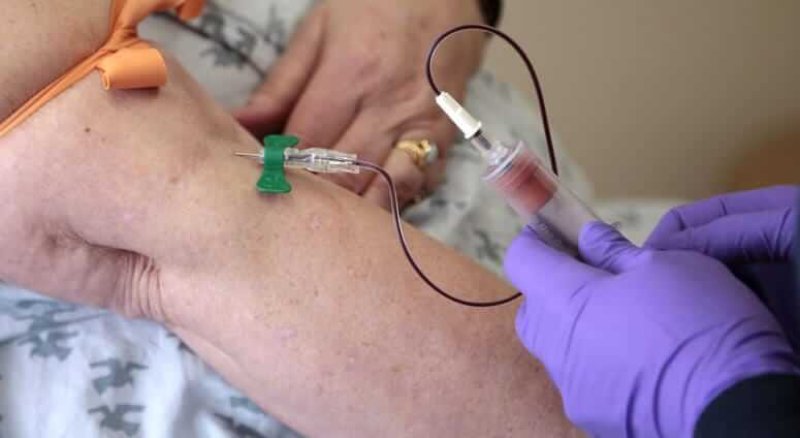The many companies developing liquid biopsies to try to detect cancer early have so far largely mined the blood in search of things like mutations and epigenetic changes in human DNA shed by tumor cells.
Now, new research raises the possibility that liquid biopsies could be used to spot cancer in a totally different way: by hunting for the DNA of bacteria and viruses released from tumors into the bloodstream. It’s a hypothesis that, if validated with more study, could usher in an entirely new class of diagnostics for cancer.
In a study published [March 11] in the journal Nature, a team led by researchers at the University of California, San Diego, reported that they have developed machine learning models that, in early-stage testing, could identify and distinguish between different types of cancer based on microbial signatures in the blood.
…
The new study builds on an emerging body of research showing that tumors are not sterile environments but rather serve as habitats for bacteria and viruses. It’s not clear where the microbes come from — it may be the mouth or the gut or another site of origin — but once they get to the tumor, they live and grow there and secrete their DNA into the bloodstream.































